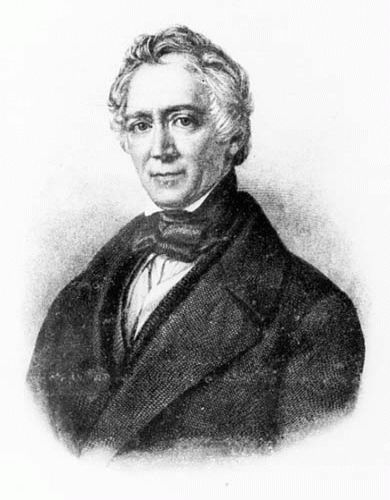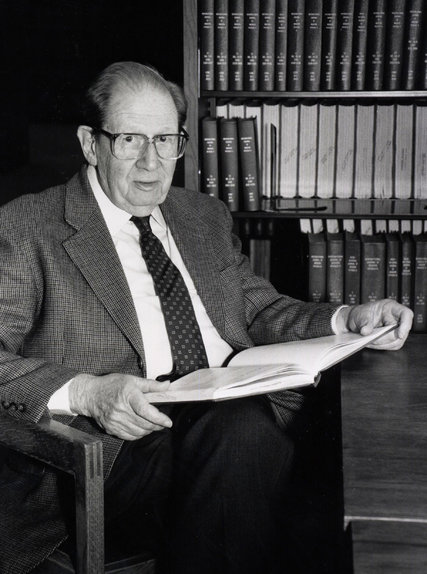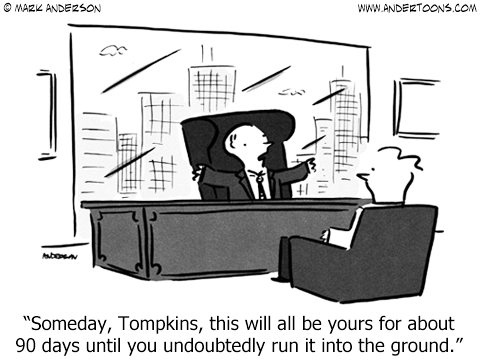The deficiencies of international law and the difficulties of prosecuting those responsible for the destruction of historic buildings and archives (and the brave individuals who defend them), is deeply troubling. All the more welcome then that thee International Criminal Court is bringing some of the perpetrators to trial. The Washington Post reports, “An alleged Islamic extremist charged with being involved in destroying religious buildings in Mali’s historic city of Timbuktu has been arrested and was sent Saturday to the International Criminal Court to face justice.
Ahmad Al Mahdi Al Faqi, known as Abu Tourab, is the first suspect in the court’s custody charged with the war crime of deliberately destroying religious or historical monuments.
“The people of Mali deserve justice for the attacks against their cities, their beliefs and their communities,” the court’s chief prosecutor, Fatou Nesouda, said in a statement.
She called the 2012 destruction in Timbuktu “a callous assault on the dignity and identity of entire populations, and their religious and historical roots.”
The entire city of Timbuktu is listed as a World Heritage Site by UNESCO. At the peak of its influence in the 15th and 16th centuries, Timbuktu counted 180 schools and universities that received thousands of students from all over the Muslim world.
Islamic radicals who overran Timbuktu in 2012 destroyed 14 of the city’s 16 mausoleums, one-room structures that house the tombs of the city’s great thinkers. The extremists condemned the buildings as totems of idolatry….”
The ICC’s action is welcome, but the rhetoric used is troubling. The victims are ‘the people of Mali.” Of course, but also all of us who value the past, in one nation state or another. All humanity is the victim of those who want to destroy the past.
Once their acts are conceptualized as crimes against one nation, then the objection arises, How does an international court have jurisdiction rather than a strictly national one? Sovereignty, as it is often defined, says leave such matters to the nation state. Would the United States, for example, recognize the authority of an international court, if a major native American site were made into a shopping mall?
Sovereignty itself, as it is often understood, can be a co-conspirator in the destruction of the past. Maybe it too needs to be called before the ICC.
Thanks to Josiah Hatch for calling the Washington Post article to my attention.




 RSS Feed
RSS Feed
